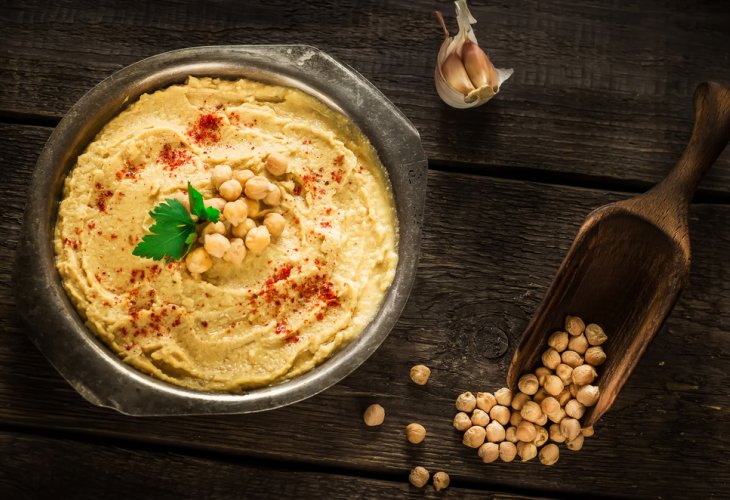Get to Know Chickpeas: The Powerhouse Legume
Discover the nutritional wonders of chickpeas, how to enjoy them best, and why making them at home is worth it.
 (Photo: shutterstock)
(Photo: shutterstock)Chickpeas, known scientifically as Cicer arietinum, are a healthy, affordable, and widely available superfood.
Rich in essential amino acids, chickpeas are fundamental to building proteins in our body. Our immune systems are comprised of proteins, which also help create antibodies to fight viruses and infections. Without proteins, the immune system weakens.
Chickpeas contain iron, an essential mineral that helps prevent fatigue and weakness.
They're also high in dietary fiber, which aids digestion, helps maintain a healthy weight, lowers cholesterol, and regulates blood sugar levels. Chickpeas have a low glycemic index, preventing sugar spikes after meals, making them ideal for those with diabetes.
Combining chickpeas with grains like rice, buckwheat, barley, or even pita or bread enhances protein quality. Additionally, pairing them with vitamin C-rich foods boosts mineral absorption, so adding chickpeas to vegetables is beneficial.
Chickpeas contain some oil alongside a winning combination of quality protein, vitamins, and dietary fibers. These components help you feel full for longer—perfect for those looking to maintain a healthy weight.
Manufactured chickpea spreads often contain refined and even hydrogenated fats, which unnecessarily increase product volume and shelf life. Moreover, store-bought chickpeas contain stabilizers, preservatives, and more, which are not healthy. Store-bought varieties almost double the calories compared to homemade, where you control fat quality and amount.
Avoid using baking soda in the cooking or soaking water of chickpeas. It damages the amino acids, vitamins, and minerals in them.
On the bright side, making homemade, healthy chickpeas is easy. You can soak and cook large batches and freeze portions, making it simple to defrost when needed for spreads or other dishes.
Incorporate chickpeas into your daily menu—add them to salads, enrich soups, use chickpea flour as an egg substitute in patties and quiches.
People with sensitive stomachs or irritable bowel syndrome should be cautious with chickpeas. Soaking for two days or sprouting, and consuming in small quantities can help. Gradually increasing intake helps the stomach adjust to digesting legumes. It's recommended to eat chickpeas in the morning or afternoon rather than at night when digestion slows down.
Zohara Shavit is a naturopath N.D and an iridologist, with extensive experience in therapy, counseling, and workshop facilitation. For a free workshop, call 073-2221290

